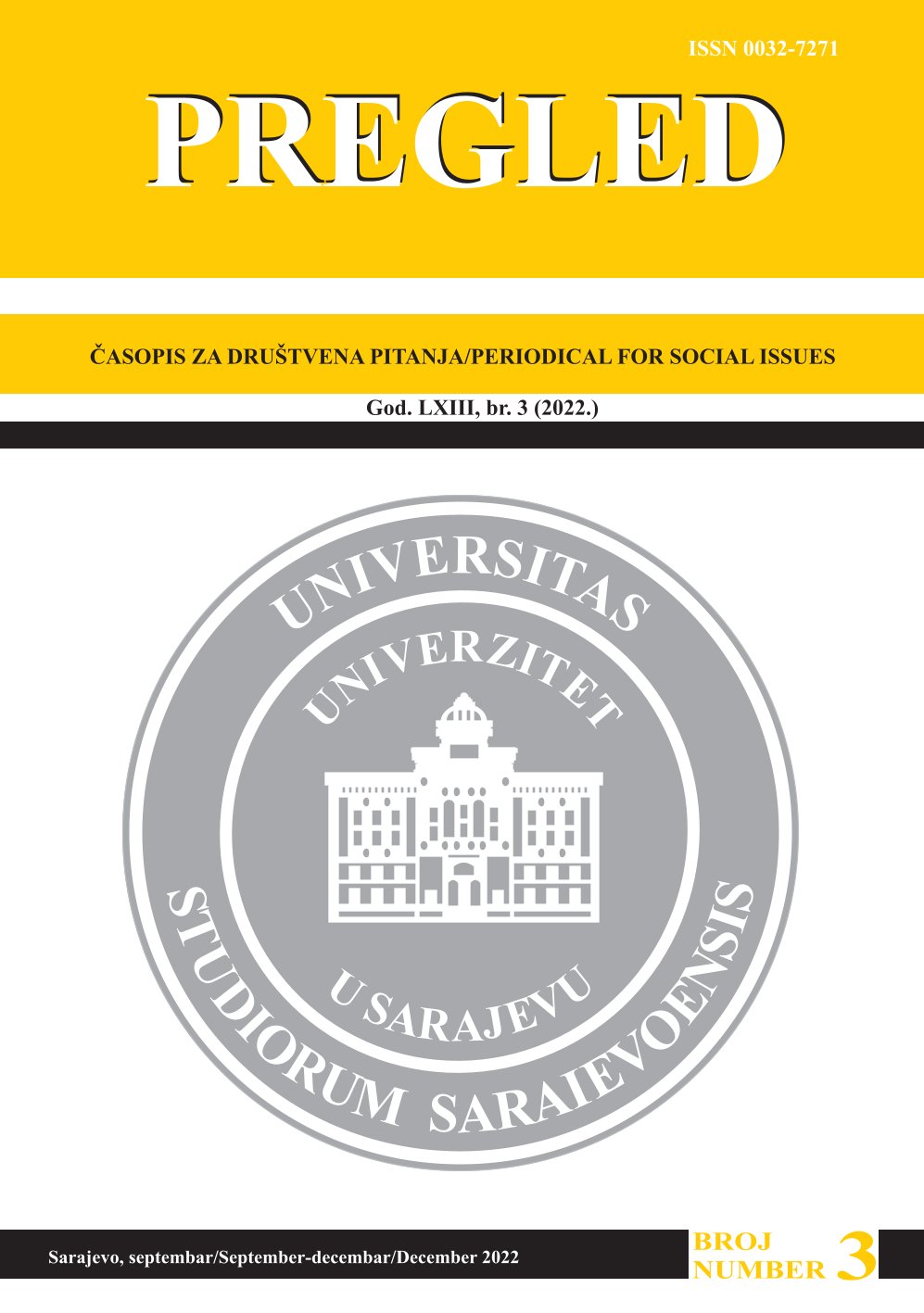Psihologija vjerovanja u teorije zavjere
Psychology of Conspiracy Beliefs
Author(s): Mersiha JusićSubject(s): Social psychology and group interaction
Published by: Univerzitet u Sarajevu
Keywords: conspiracy theories; misinformation; COVID-19; personality; social media
Summary/Abstract: Conspiracy theories have always existed, and (some) people have always believed in them. However, due to the expansion of contemporary media and information technologies, as well as social networks becoming primary platforms of information, the issue of how conspiracy beliefs affect daily lives has become popular again. Current societal, political and health crises have sparked global research interest in the topic. Especially during the COVID-19 pandemic, it has become obvious how significant these beliefs are in determining health behavior and adhering to preventive anti-epidemic measures. Therefore, it is of immense importance, both theoretical and practical, to approach the characteristics of this phenomenon scientifically. This article analyzes psychological and social factors of conspiracy beliefs. Through the prism of epistemic, existential and social needs, the article tries to explain what pushes individuals toward the conspiracy theories. It also discusses individual and personality differences as the underpinning basis for susceptibility to conspiracy beliefs. A special focus is put on universal principles of cognitive functioning that boost conspiracy beliefs (confirmation bias, saving cognitive resources, cognitive closure, effect of illusory truth, etc.) Considering their exceptional societal importance, the author puts a special focus on the effects of conspiracy theories on health relevant behavior during the COVID-19 pandemic. Despite the lack of a clear theoretical framework in this recently emerging research field, the author reflects on existing and potential prevention and intervention tools belonging to social-psychological, health and communication strategies. The importance of the media and information literacy as a means to improve resilience to misinformation is also discussed.
Journal: PREGLED - časopis za društvena pitanja
- Issue Year: LXIII/2022
- Issue No: 3
- Page Range: 57-79
- Page Count: 22
- Language: Bosnian

